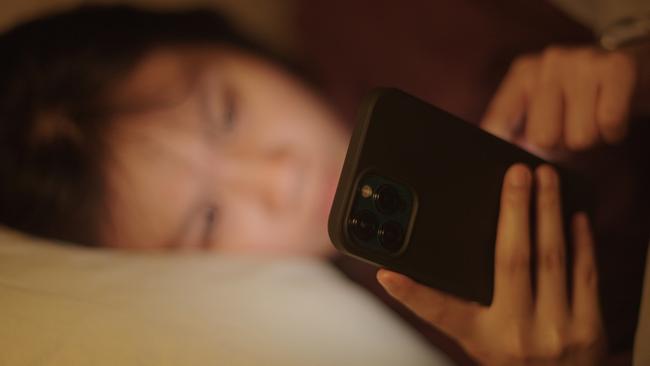Is this a healthy use of your time?
What is the longest non-sleeping time interval in any day during which you are not engaged with your phone?

The world changed 17 years ago with the introduction of the iPhone, a device that enabled users to connect almost anywhere to the internet. It delivered instant communication and a range of other functions including access to a universal and definitive time.
About 140 years earlier, the coming of the railways required towns to be coordinated in their use of time. Previously, each one would set its town hall clock based off a reckoning of the Sun being directly overhead at midday. For everyday life back then, this dead reckoning was close enough. It didn’t matter if local time in neighbouring towns varied by a few minutes in an era when inter-town travel was limited.
The iPhone and other smartphones not only took time precision to a new level; they have also changed communication and, I think, the concepts of burnout, loneliness and boredom. What is the longest non-sleeping time interval in any day during which you are not engaged with your phone? (And by not engaged I mean not speaking on, looking at or listening to it.) Whatever that number is, does it reflect a healthy and purposeful use of time?
Prior to the advent of the smartphone, people could disconnect from their job when the working day ended. And while today they can choose not to respond to an out-of-hours email, the very existence of that email blurs the lines between work and home. Surely there’s a human cost to never being entirely confident that a work issue won’t arise during “down time”. There are advantages in having access to instant communication

, of course, but there’s also the issue that unrestrained communication can lead to burnout.
Teenagers would often complain about boredom in the era before smartphones. Yet boredom can be viewed as an opportunity for reflection: some idle time allows the mind to repair, to wander, to create. This is less so today. Unclaimed minutes, hours even, are soaked up in a process that has truly reinvigorated the verb “to scroll”. When bored we scroll, we watch funny reels, we read bits and pieces that affirm and engage our (often entrenched) views. Who knew in 2007, when the first iPhone came out, that “scrolling” would be a thing in 2024? I wonder what nondescript verb might rise to prominence with the fuller application of AI by 2041.
And then there is the issue of loneliness. It seems counterintuitive that loneliness might exist in a world of easy, cheap and universal communication. But I suspect that the busier the public lives of some (influencers, no doubt), the lonelier others feel. It’s the concept of being lonely in crowds; observing the engagement of others can make us feel isolated and reflective.
It seems that we are destined for ever more technology delivering better productivity. And while I suppose all this is for the better, I can’t help but wonder about those early railway communities living in blissful ignorance that they were a few minutes out of sync with the ethereal notion of a universal time.
I suppose we must take the good with the bad when it comes to technology. But we need to guard against unintended consequences of that technology, too. Hopefully we can have the best of both worlds: greater productivity and a more connected, contented humanity.







To join the conversation, please log in. Don't have an account? Register
Join the conversation, you are commenting as Logout